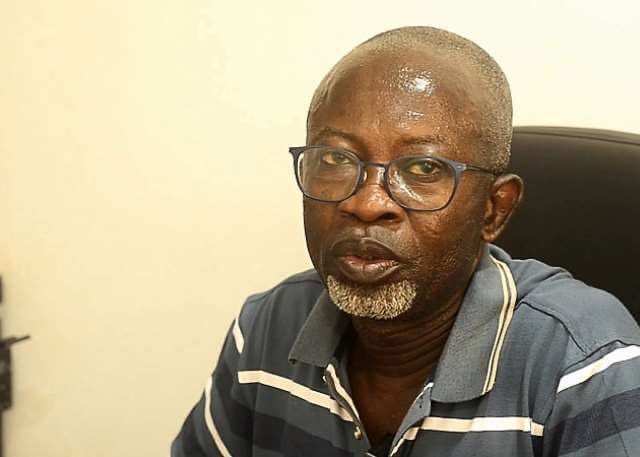Dr. Kwasi Amakye-Boateng, a Senior Political Science Lecturer at the Kwame Nkrumah University of Science and Technology, asserts that Ghana’s governance woes stem not from its constitution, but from the political practices of its leaders. He argues that the ongoing discourse surrounding constitutional amendments, while well-intentioned, misses the mark. The fundamental issue, according to Dr. Amakye-Boateng, lies in the behavior of the political elite, who often prioritize personal gain over public service. He believes that this self-serving approach to governance, prevalent across successive administrations, undermines the very principles of democratic leadership and hinders the nation’s progress. He emphasizes that a constitutional review alone cannot rectify these deeply ingrained behavioral patterns within the political landscape.
Dr. Amakye-Boateng contends that the pursuit of personal interests by politicians creates a culture of patronage and undermines the integrity of public institutions. This behavior manifests in various ways, including using political power to settle personal scores, prioritizing partisan loyalties over meritocracy, and engaging in corrupt practices. He stresses that this ingrained self-interest, rather than any constitutional deficiency, is the root cause of Ghana’s governance challenges. He calls for a shift in political culture, urging leaders to embrace a genuine commitment to public service and prioritize the nation’s welfare over individual ambitions.
The lecturer’s comments were prompted by a presidential directive to reverse appointments made after the 2024 general elections. The directive cited concerns about adherence to good governance norms. Dr. Amakye-Boateng criticizes this move, arguing that it represents an overreach of executive power and undermines the stability of the civil service. He maintains that public servants should be shielded from the political whims of changing administrations, emphasizing that their employment should not be contingent on the outcome of elections. He advocates for a more secure and merit-based system for public service appointments, ensuring that qualified individuals can serve the nation without fear of politically motivated dismissals.
He further emphasizes the importance of due process and legal recourse for public servants facing dismissal. According to Dr. Amakye-Boateng, if there are legitimate concerns regarding the conduct or competence of a public servant, the appropriate course of action is to pursue legal channels rather than resorting to arbitrary dismissals driven by political considerations. He suggests that the ability to challenge such revocations in court offers a crucial safeguard against unjust removal from office, ensuring that public servants are treated fairly and not subject to the arbitrary exercise of political power. This, he posits, will foster a more professional and independent civil service capable of effectively serving the nation’s interests.
Dr. Amakye-Boateng’s perspective highlights a critical dimension of governance reform, shifting the focus from constitutional structures to the behavior of those entrusted with political power. He argues that true reform requires a fundamental change in political culture, emphasizing ethics, transparency, and accountability. He contends that simply amending the constitution without addressing the underlying issues of self-interest and a lack of commitment to public service will not yield the desired results. He emphasizes the role of citizens in demanding higher ethical standards from their leaders and holding them accountable for their actions.
In essence, Dr. Amakye-Boateng’s analysis suggests that addressing Ghana’s governance challenges necessitates a multifaceted approach going beyond mere constitutional revisions. His argument calls for a deeper, more introspective examination of the political culture and behavior of the ruling elite. He advocates for cultivating a renewed commitment to public service, strengthening institutions, and fostering a culture of accountability within the political system. This, he believes, is the key to unlocking Ghana’s true potential and ensuring a more prosperous and equitable future for all its citizens. He maintains that constitutional reform must be accompanied by a corresponding change in political attitudes and practices to be truly effective.


